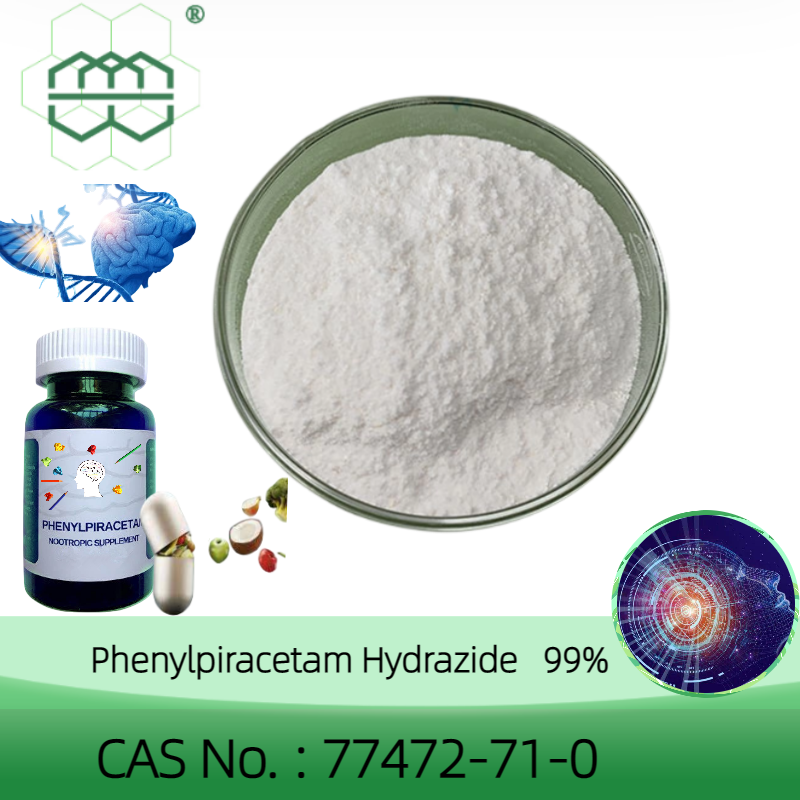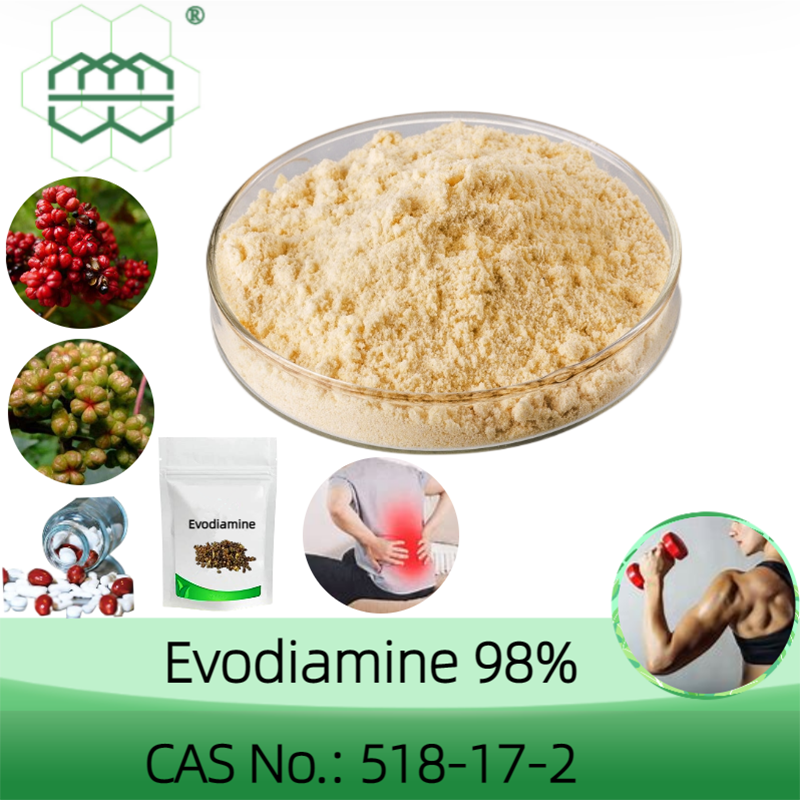09-Feb-2023 - Last updated on 09-Feb-2023 at 10:15 GMT
Related tags Urolithin A Gut health microbiome Research Others

The research team declare that the gut microbiota’s beneficial role in aiding blood flow in the arteries could give rise to a new intestinal environment-based diet therapy, in a study funded by Japanese chemical company Daicel.
“The gut microbiota of the UA 50 milligrams per day (mg/day) group showed a significant increase in alpha diversity (Faith’s phylogenetic diversity),” says the team from the Tokyo Institute of Technology and the Daicel Corporation.
“Alpha diversity of the human gut microbiome has been linked to host metabolism and diseases,” they write adding, “…higher Faith’s PD may lead to the maintenance of intestinal homeostasis and prevention of obesity.”
Urolithin A is a metabolite compound resulting from the transformation of ellagitannins by the gut bacteria. Ellagic acid and ellagitannins are found naturally within foods such as pomegranate, strawberries, blackberries, walnuts, chestnuts, pistachios, and pecans.
UA’s health benefits have been well documented in the past with the science strongly indicating the compound’s potential in exercise endurance and physical performance.
The compound has also been implicated in bone and joint health with an investigation showing its supplementation improved joint function and mobility in both healthy and osteoarthritis patients.
The research team began the placebo-controlled, randomised, double-blinded, parallel group trial by enrolling participants who could metabolise UA from ellagic acid (non-UA producers) and had relatively poor vascular endothelial function (VEF).
The experimental groups were provided capsules containing 10 or 50 mg of UA, and the control group was provided UA-free capsules.
VEF was assessed using the flow-mediated vasodilatation (FMD) score. Participants were administered placebo, UA 10 mg/day, or UA 50 mg/day for 12 weeks.
During the trial, FMD was measured and faecal samples were collected at 0, 4, 8, and 12 weeks of treatment.
Gut microbiome analysis and organic acid level measurements were performed to evaluate the effects of UA intake on the intestinal environment.
Four and nine microbial genera altered
Results revealed that out of the 35 participants that completed the trial, four and nine microbial genera were significantly altered in the UA 10 mg/day and UA 50 mg/day groups, respectively.
Here, changes in decreasing Escherichia-Shigella levels and increasing Eggerthella levels were consistent among these groups.
Participants whose FMD scores improved with UA intake had poor baseline FMD values as well as a low Bacillota/Bacteroidota ratio.
“It is likely that gut microbes with a low relative abundance and distant phylogenetic distance were enriched in the gut microbiota of the UA 50 mg/day group,” the researchers write.
“The relative abundance of Ruminiclostridium 5, (Eubacterium) coprostanoligenes group, and (Eubacterium) hallii group was significantly higher in the UA 50 mg/day group than that in the placebo group.”
The research team go on to discuss the individuals with relatively poor VEF, who they say may also have relatively more intestinal inflammation compared to healthy individuals.
“It is possible that suppression of intestinal inflammation may have an indirect effect on the intestinal microbiota,” they write.
“Intestinal organic acid analysis show significant differences only in two organic acid such as formic acid and propionic acid among placebo, UA 10 mg/day, and UA 50 mg/day groups.
“Formic acid was higher in the UA 50 mg/day group at baseline and increased on average after intake, suggesting that UA intake may have affected formic acid-producing bacteria and increased formic acid.
“In addition, propionic acid was higher in the placebo group for both 0 and 8 weeks. This may might have influenced the differences between three groups.
“Hence, it is possible that while UA had some effects on the gut microbiota, it may have a minor effect on intestinal metabolites.”
FMD scores and UA producers
In discussing the FMD response scores, the team suggested the correlation with an increase in relative abundance of Bacillota and Shannon’s diversity, provided a link with the gut microbiota of UA producers.
“UA intake may cause positive feedback on gut microbial UA production by increasing the number of bacteria that can produce UA from ellagic acid,” the team writes.
“Some bacteria, such as Gordonibacter pamelaeae and G. urolithinfaciens, can produce urolithin C from ellagic acid, and Clostridium bolteae, C. asparagiforme, and C. citroniae can produce UA from urolithin C.”
Published online: doi.org/10.3389/fnut.2022.1077534
“Effect of urolithin A on the improvement of vascular endothelial function depends on the gut microbiota.”
Authors: Yuichiro Nishimoto et al
Copyright - Unless otherwise stated all contents of this web site are © 2023 - William Reed Ltd - All Rights Reserved - Full details for the use of materials on this site can be found in the Terms & Conditions
Related topics Research Cardiovascular health Gut/digestive health
Content provided by DSM Nutritional Products | 28-Nov-2023 | White Paper
Postbiotic ingredients are set to open up a world of opportunities across the human health and nutrition industry, fueled by developing science demonstrating...
Content provided by ADM: Innovation that Feeds the Future | 10-Oct-2023 | White Paper
A growing body of evidence shows gut health can affect digestive health, well-being, and many health areas in between.
Content provided by Biofarma Group | 14-Sep-2023 | White Paper
The product IBS is an innovative food supplement developed by Biofarma Group, intended for treating intestinal disorders associated with a first phase...
Content provided by LEHVOSS Nutrition | 11-Sep-2023 | Data Sheet

Deazaflavin Commitment to sustainability at Golden Omega® is ever growing as they continue to put objectives in place to secure a better environment for the future....